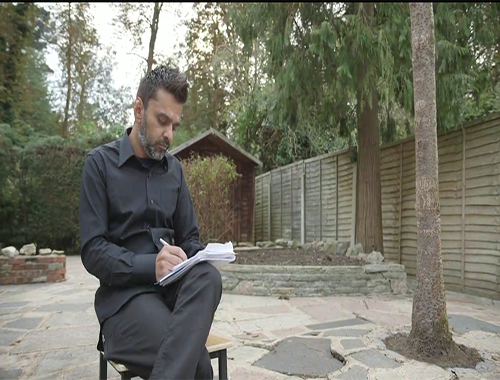13-Islamic Rulings
- Details
- Hits: 3649
13-ISLAMIC RULINGS
Question:
Has Islam designed special laws for the people with regard to the diverse aspects of their lives?
Answer:
Yes, for every situation Islam has designed a law which is precise, succinct and appropriate to the highest degree. So Islam abounds in laws which have a direct bearing on the various stages of a person’s life. To prove this you only have to peruse the Jawahir al-kalam in jurisprudence[57] which contains almost 60,000 edicts, all accompanied by the evidence that they have been extracted from the following sources: the Holy Qur’an, the sunna, the consensus of the religious scholars and man’s reason.
Question:
Please give examples of some of the principle sections under which Islamic laws are classified with regard to different aspects of life.
Answer:
They are numerous, for example laws relating to:
1. Transactions between people such as selling, buying, giving a security, renting out and letting.
2. Farming matters relating to the land itself, agriculture and irrigation channels.
3. Legal matters such as those concerning judges, witnesses, advocacy, reconciliation and an individual’s rights.
4. Personal affairs like marriage, divorce, separation, inheritance and making a will.
5. Criminal offences like punishment, the death penalty (judicial retaliation) and the payment of blood money.
6. Surety, getting a loan, deposits, bank drafts and so on.
7. Peace and war, treaties and all that concerns the affairs of the state.
8. Several categories not mentioned above but which have a direct bearing on the life of an individual.
Question:
How is it possible that these laws which were formulated more than fourteen centuries ago meet the needs and problems of today?
Answer:
We have already said that Islam is the religion that the God of the Universe has sent down so that it may be for all time the religion of mankind and the way man should live his life. God is omniscient and if man-made legal systems take into account the development of the human race, its progress and possible requirements in the future, then is it not more fitting for God to do the same with regard to His laws?
In addition to what has already been said, laws are of two kinds: laws of a specific nature and which are never ever subject to change, such as “alcoholic drink is forbidden”; laws which set out a general principle which can be applied at any time or in any place such as the law that “anything which is capable of producing intoxication is forbidden”.
Any development or problem we encounter in today’s world, if not covered by a specific law, undoubtedly will fall within the scope of a law which enunciates a general principle, which is then applied to the issue in question either sanctioning it or disallowing it.
Question:
Can you give proof of what you have just said with regard to banks, insurance and arming a country with nuclear weapons?
Answer:
Anyone who has a thorough grounding in the bases of Islamic jurisprudence (usul al-fiqh) could answer this question.
1. A bank is tantamount to a place where a number of separate activities take place concerning which, Islam has clarified its own position and for each of which it has set out a specific law. Such activities include bank drafts, loans, business transactions, deposits and usury.
2. Insurance is covered by God’s words in the Holy Qur’an, “O you who believe, fulfill [your] contracts”[5: 1] and because insurance does not have any forbidden element, it will be covered accordingly by this principle.
3. An Islamic state arming itself with nuclear weapons, on condition that they are for defence, is covered by God’s words, “And make ready against them what force you can [muster]”[8: 60].
Numerous other examples can be given where Islamic jurisprudence can be applied to modern developments and phenomena.











